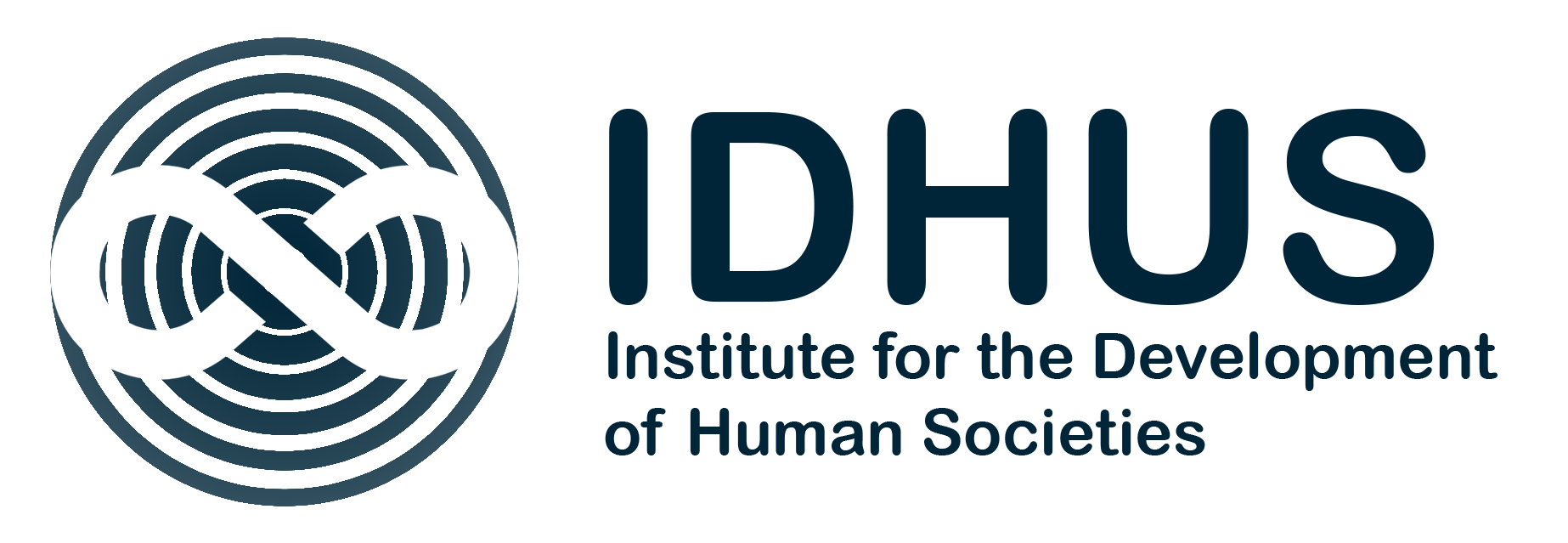Authors: Roberto Martin N. Galang, Petra Nylund, Xavier Ferràs-Hernández, Alexander Brem
Publication date: 2025/7
Source: Esade Working Paper Series, Volume 279, Report number 279, Pages 1-42

Description
The paper theorizes artificial intelligence as a novel form of technology that produces new knowledge and encourages the automation of decision-making across multiple fields. The increasing use of AI has led to new institutional processes across organizations. The processes leading to these new organizational structures are distinct from the human-led co-evolution of institutions brought about by the adoption of industrial and information technologies. Because AI changes the way knowledge is accumulated – through deep learning rather than through humans –it will encourage a new form of institutionalism we term as algorithmic isomorphism. Thedemocratization of access to this technology and the ability of AI to generate knowledge isolated from human actors is bringing about the homogeneity of organizational behavior that is primarily determined by dispersed algorithms and big data. We define algorithmic isomorphism as the institutional process wherein organizational forms are determined by deep learning algorithms rather than by human agency. These algorithms will lead to AI-centered organizations where data becomes the primary driver of competitive advantage and organizational decision-making will be subject to data-centric technological logic rather than human cognition-based rationality. We conclude with managerial and societal implications pertaining to decision-making, accountability, and regulation.
